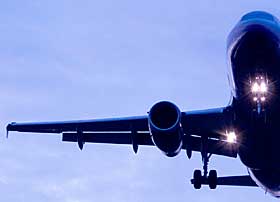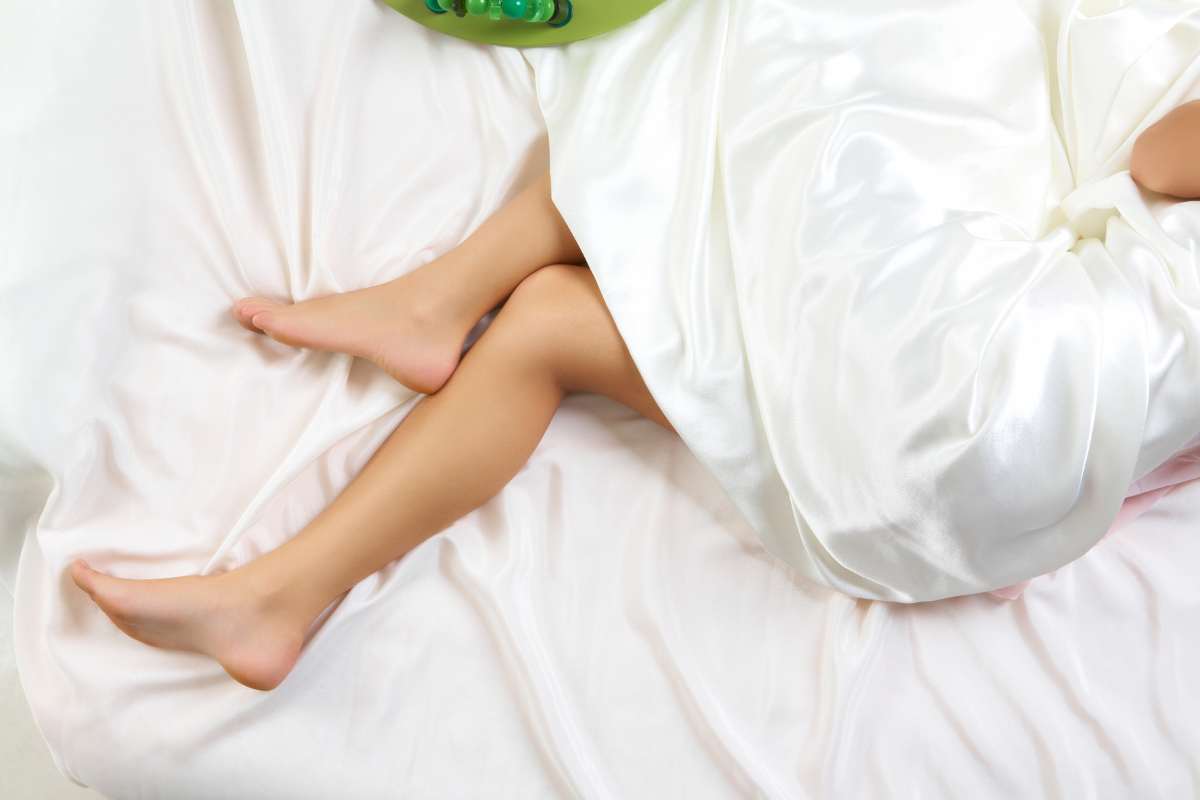People have been looking for a jet lag cure since the jet-age began
It is a modern-day dilemma with a known cause. The cause is traveling quickly along the planetary meridians.
To you and me, that means traveling from west to east or from east to west in a relatively short period of time.
The time it takes to travel these distances is not sufficient to allow the body’s circadian rhythms to reset. Because of that, the medical community refers to jet lag as a circadian rhythm sleep disorder.

Circadian rhythm
In order to understand the condition, it may help to learn a little more about the circadian rhythm. It is basically the inner clock of any living thing.
In humans, it affects digestive system function, alertness, hormone production and coordination or balance, as well as cardiovascular and muscular strength.
Changes in blood pressure and body temperature, as well as the secretion of the hormone melatonin and suppression of digestive system function combine to help us fall asleep. For this reason, the dietary supplement melatonin is sometimes suggested as a natural jet lag remedy.
The actual time elapsed in the average person’s clock is a little more than 24 hours. Because of that, it is easier to stay up later than normal; harder to get up earlier than usual.
Although the functions of the circadian clock occur within the body, there are outside or environmental cues that help to reset it. Daylight or the light-dark cycle is one of them. Spacecraft environments are equipped with systems that mimic the light-dark cycle in order to help astronauts maintain a normal circadian rhythm.

Jetlag symptoms
In areas like Northern Alaska where the amount of daylight is severely reduced in the wintertime, people often suffer from depression and psychological problems, particularly if they are not indigenous to the lack of a light-dark cycle.
It is shorter days and the lack of sunlight in the wintertime that are believed to contribute to SAD or seasonal affective disorder, which is accompanied by symptoms of depression. To treat those symptoms you will need more than a jet lag cure.
Mild depression is also one of the symptoms that send people looking for a jet lag remedy. Imagine planning a big vacation, only to become depressed when you arrive, simply because your circadian clock needs time to reset. It’s distressing.
Other symptoms that may accompany jet lag include digestive problems, headache, fatigue, insomnia, grogginess and irritability.
Nausea, ear aches and swollen feet are sometimes attributed to the change in time zones, but are probably caused by traveling by air in cramped quarters.

Jet lag cure
No effective jet lag cure has yet to be found, although people are able to adapt relatively quickly. Sleeping onboard may be a good idea, depending on what time it will be when you arrive at your destination.
Natural sleep aids, such as melatonin or chamomile tea, may help you get to sleep when the electric clock says that it is time to do so. It is best to try to adjust your internal clock by trying to get to sleep earlier, rather than trying to find something that will help you wake up in the morning. Caffeine can only do so much.
If the goal is to get to bed earlier than your internal clock says it is time to, avoid taking a nap and eat a high-carb, low protein dinner. The carbs will make you sleepier. You might think of pasta for dinner as a jet lag remedy.
If you are awakening too early, because of your internal clock, give yourself a few days. Try to go to bed an hour earlier every night in order to adjust. Your primary goal is to get the 7 or 8 hours of sleep that your body is accustomed to. That is the real jet lag cure.








